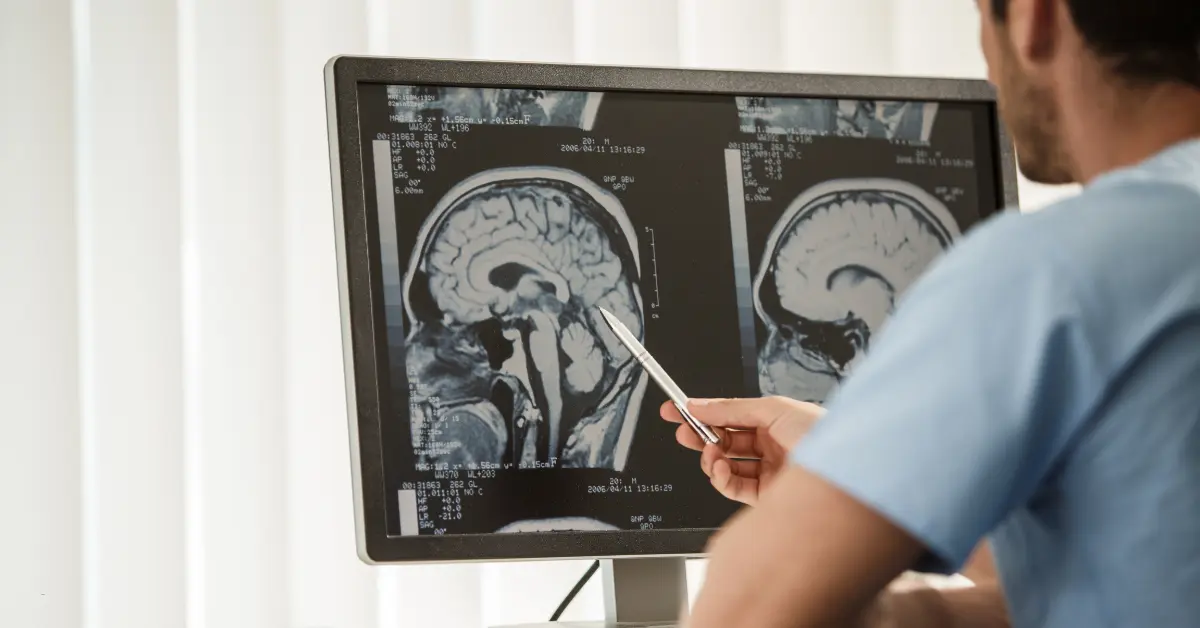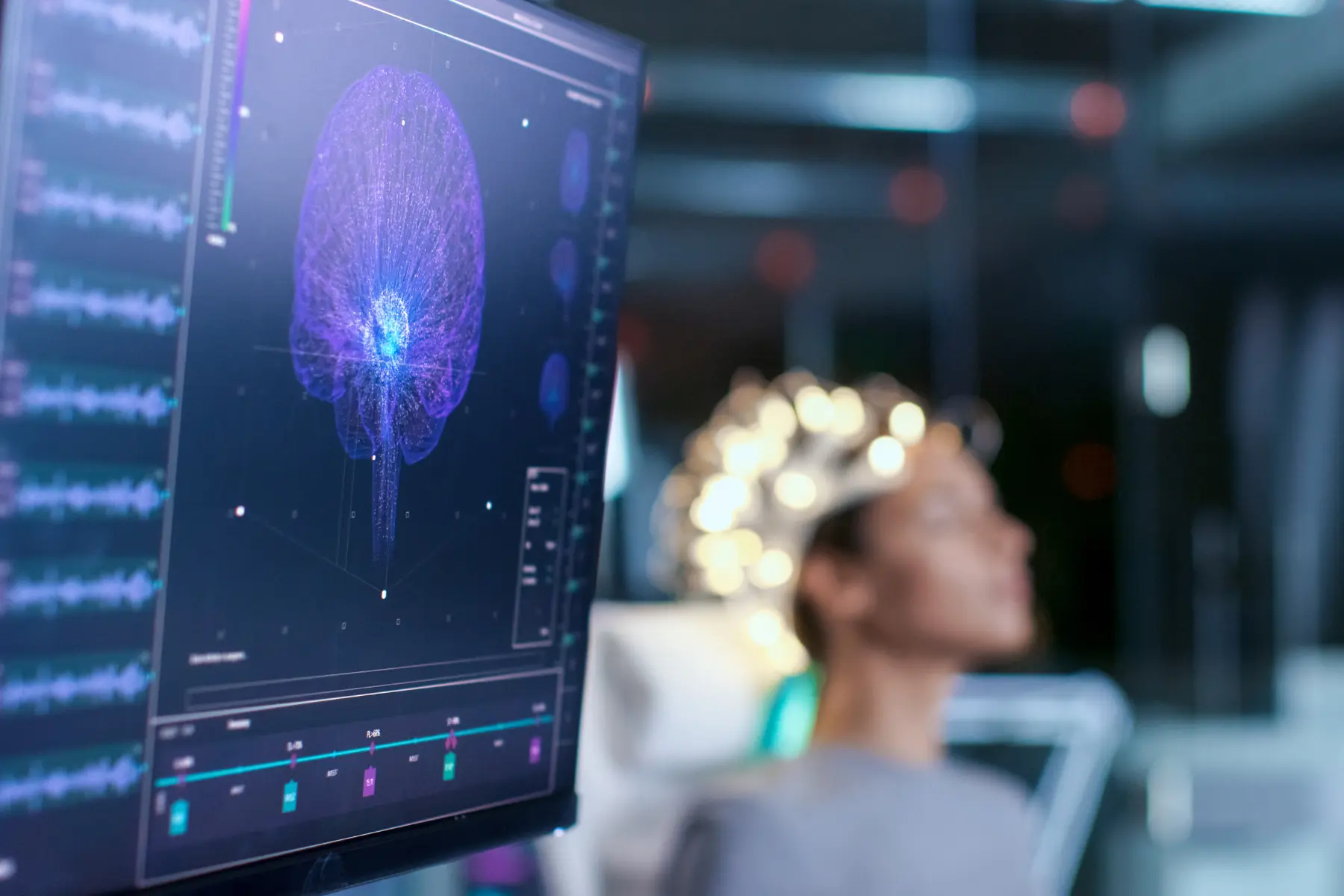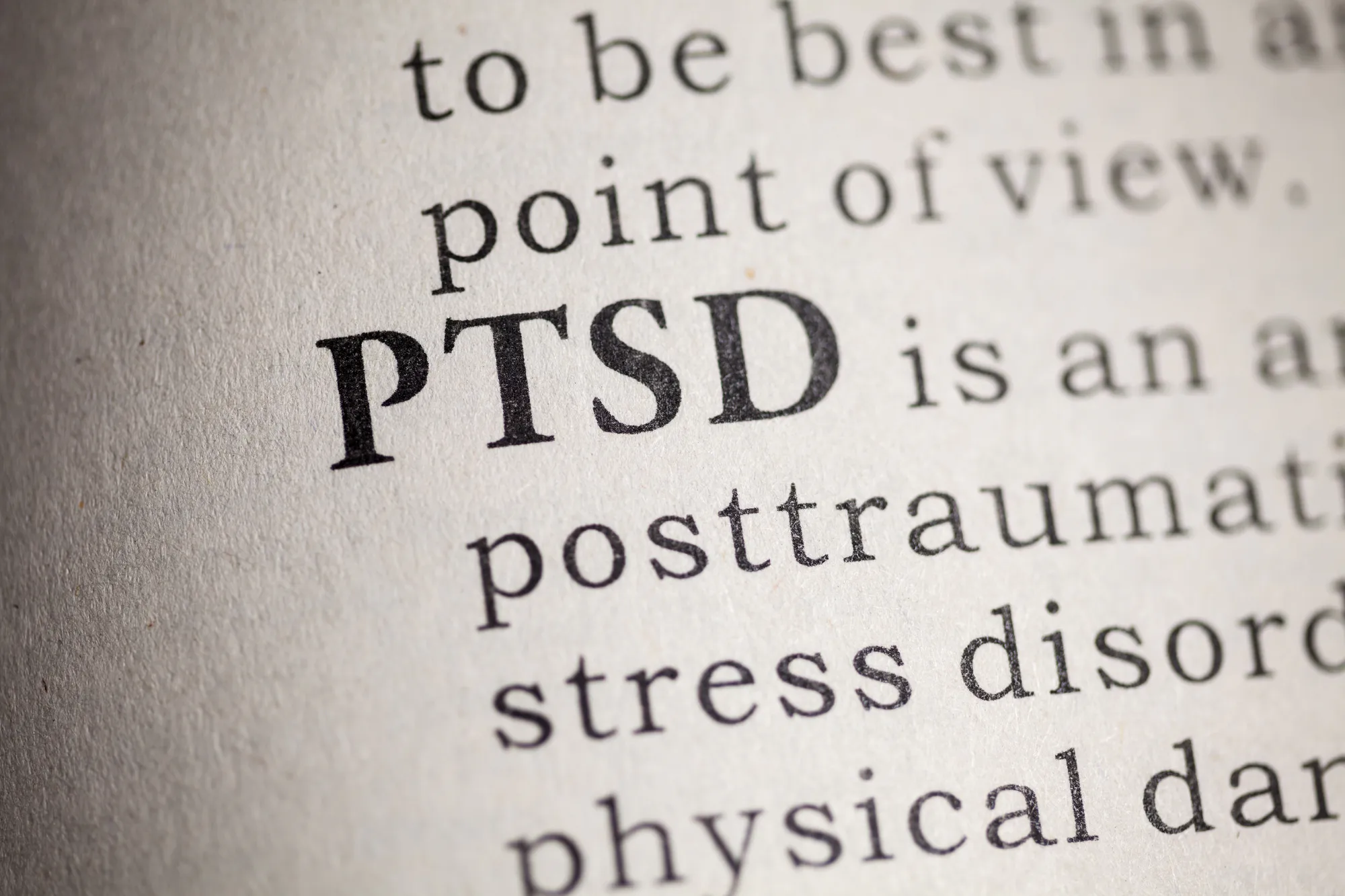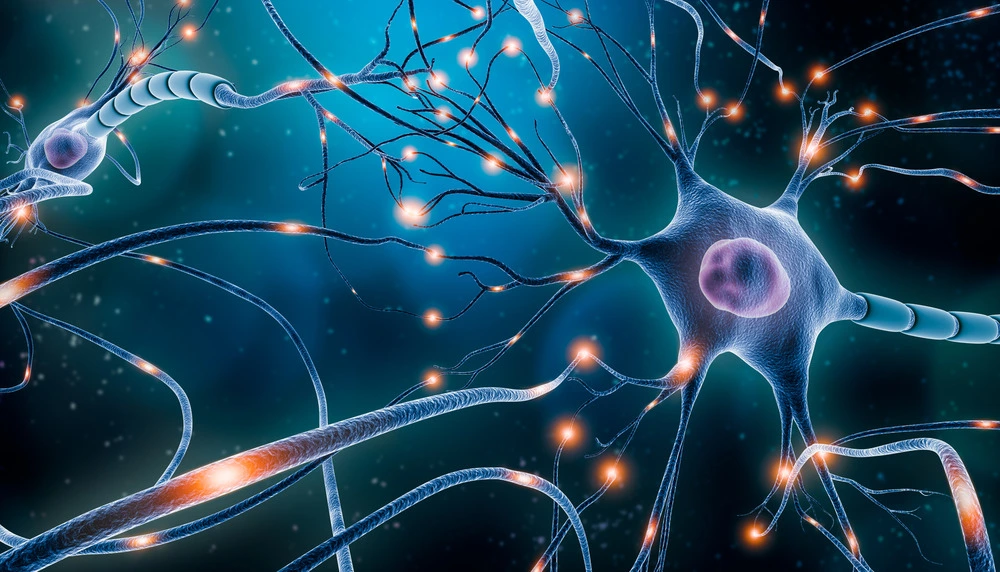Transcranial magnetic stimulation for depression is gaining prominence as an effective treatment option for those who have not found relief from traditional methods. TMS is a non-invasive procedure that utilizes magnetic fields to stimulate nerve cells in the brain. It specifically targets areas involved in mood control and depression, aiming to improve symptoms in patients who have not responded well to medications or other conventional therapies. This innovative approach offers new hope by directly influencing the brain’s neurological activity.
What is TMS Depression Therapy?
Understanding the Procedure
This therapy involves a series of treatment sessions where an electromagnetic coil is placed on the patient’s head. Each session typically lasts between 30 to 60 minutes, during which the coil sends targeted magnetic pulses to specific areas of the brain known to be involved in depression. The procedure is performed while the patient is awake and seated, and it requires no anesthesia. Over time, these magnetic pulses are thought to activate regions of the brain that have decreased activity due to depression.
How Electromagnetic Coils Work in TMS
The electromagnetic coils used in TMS treatment for depression play a crucial role. When activated, these coils generate focused magnetic fields that rapidly switch on and off. These fields can reach about 2-3 centimeters into the brain, directly targeting the prefrontal cortex—a key area implicated in mood regulation. The magnetic field induces electrical currents that stimulate neurons, potentially leading to improved mood and cognitive function in patients suffering from depression.
Targeting the Prefrontal Cortex
TMS for depression specifically targets the prefrontal cortex, an area of the brain associated with decision-making, problem-solving, and emotion regulation. In many patients with depression, this area shows reduced activity. By focusing the magnetic pulses on this region, TMS aims to enhance its activity, therefore alleviating depressive symptoms and improving overall emotional regulation.
Other Brain Stimulation Therapies
Brain stimulation therapy for depression contains various techniques, but TMS stands out due to its non-invasive nature and specificity. Unlike Electroconvulsive Therapy (ECT), which induces a brief seizure to treat severe mental conditions, TMS does not require any form of sedation or anesthesia and is generally well-tolerated with few side effects. Additionally, TMS offers a more focused stimulation compared to broader techniques like ECT, targeting specific brain regions without the need for direct electrical currents or surgical implants.
Safety Profile of TMS Treatment
Common Side Effects
While the procedure is widely recognized for its safety and efficacy, it is not entirely free from side effects, though these are generally mild and short-lived. The most frequently encountered side effect is a temporary headache, which patients report during or after the session. Discomfort at the stimulation site is also common. These discomforts are typically mild and decrease both in intensity and frequency with subsequent sessions as the patient’s body becomes accustomed to the stimulation.
Beyond headaches and localized discomfort, other possible side effects include tingling or spasms of facial muscles, lightheadedness, and, in rare cases, brief episodes of hearing issues if proper ear protection is not used during the procedure. The occurrence of more severe side effects, such as seizures, is exceedingly rare, making TMS a preferable option for many. Medical practitioners are equipped to modify various parameters of the treatment to make it as comfortable as possible for the patient. Adjustments can be made to the intensity of the magnetic field, the duration of the stimulation, and even the specific area of the brain targeted during treatment.
Side Effects of Antidepressants
Antidepressants, a common treatment for depression, work by altering the chemical balances in the brain to improve mood and emotional resilience. However, these medications are systemic, meaning they affect the entire body and can lead to a variety of side effects. Some of the more frequent adverse effects include gastrointestinal disturbances such as nausea, increased appetite leading to weight gain, and a general sense of fatigue. These side effects can vary in intensity and duration depending on the specific type of medication, dosage, and individual patient characteristics. Over time, these systemic impacts can significantly affect a patient’s quality of life by influencing their physical health, daily functioning, and overall well-being. TMS offers a favorable alternative, particularly for those who are sensitive to or wish to avoid the systemic impacts of medications.
Ensuring Patient Comfort
Techniques such as adjusting the treatment coil positioning, using cushioned headgear, and providing a relaxing environment during sessions can significantly improve the patient experience. Ongoing communication between the patient and the practitioner helps tailor the procedure to individual tolerance levels, ensuring that the therapy remains both effective and comfortable.
Comparing TMS with Other Magnetic Therapies
Beyond TMS therapy for major depression, other modalities include repetitive Transcranial Magnetic Stimulation (rTMS), Deep Transcranial Magnetic Stimulation (Deep TMS), and Pulsed Electromagnetic Field Therapy (PEMF). While these therapies share the common principle of using magnetic fields, their applications and intensities vary significantly. Key differences among these therapies include:
- Depth of Penetration: One of the primary differences between standard TMS and Deep TMS lies in the depth of magnetic penetration into the brain. As mentioned previously, standard TMS typically impacts the surface-level structures of the brain, directly influencing areas just a few centimeters beneath the skull. This is often sufficient for modulating the neural activity associated with mood regulation. In contrast, Deep TMS uses a modified coil design that allows magnetic fields to penetrate deeper into the brain. This deeper reach can potentially access subcortical areas that are more difficult to influence, possibly enhancing the therapeutic effects for patients who do not respond to standard TMS.
- Treatment Duration and Frequency: The treatment protocols for rTMS and standard TMS differ significantly. Repetitive Transcranial Magnetic Stimulation (rTMS) usually requires longer and more frequent treatment sessions. This method involves repetitive pulsing of magnetic fields, aiming to strengthen the brain’s ability to form and maintain neural connections over time. The frequency and duration of treatment are often tailored to each patient’s specific response, to optimize outcomes and ensure sustained improvements in depressive symptoms.
- Target Specificity: While therapies like Pulsed Electromagnetic Field Therapy (PEMF) offer a broader, less localized approach, targeting large areas of the body and brain, TMS therapies are known for their precise targeting capabilities. TMS devices are designed to focus magnetic pulses on specific areas known to regulate mood, such as the prefrontal cortex. This focused approach allows for more controlled and direct modulation of neural activity, potentially leading to quicker and more robust responses in treating depression.
- Equipment Used: The type of equipment used in each magnetic therapy varies, affecting both the user experience and the practicality of treatment settings. Standard TMS and Deep TMS require specialized, often bulky, equipment that is typically operated in clinical settings. PEMF devices are generally more portable and can be used at home, providing a more flexible treatment option for patients.
- Accessibility and Cost: Accessibility and cost are significant factors in choosing a magnetic therapy. PEMF devices, being suitable for home use, are more accessible but can vary widely in cost and clinical effectiveness. On the other hand, clinical treatments like TMS and Deep TMS often involve higher costs due to the need for specialized equipment and professional oversight but may offer more potent therapeutic benefits.
These differences can influence a patient’s decision based on their specific needs, the severity of symptoms, and personal preferences for treatment setting and intensity. Understanding these distinctions is crucial for selecting the most appropriate therapy to effectively manage depression.
The TMS Therapy Experience
Initial Consultation
The journey towards TMS therapy for depression begins with an initial consultation and thorough patient assessment. This step is crucial as it helps determine if TMS is a suitable treatment option. During the consultation, a psychiatrist or trained medical professional will evaluate the patient’s medical history, prior treatments, and the severity of depression symptoms. This comprehensive assessment ensures that TMS is not only appropriate but also tailored to the specific needs and conditions of the patient, optimizing the chances of treatment success.
What to Expect During TMS Sessions
When attending the sessions, you can expect it to be as smooth and non-invasive as possible, allowing patients to receive treatment in a relaxed environment. Here’s what patients can typically expect during their TMS therapy sessions:
- Preparation: Before the start of the TMS session, the patient is comfortably seated in a designated chair. A trained technician then carefully positions a magnetic coil on specific areas of the patient’s head. The setup is designed to maximize comfort while ensuring the coil remains in the correct position throughout the session.
- Session Start: Once the patient is set up, the TMS machine is activated. This marks the beginning of the session, where patients will start hearing distinct clicking sounds emanating from the machine. These sounds are produced by the magnetic pulses being administered. Simultaneously, the patient will feel tapping sensations on their scalp, which are caused by the magnetic fields stimulating brain cells. This phase is critical as it targets areas of the brain involved in mood regulation.
- During the Session: Throughout the TMS session, patients remain fully awake and alert. They are free to engage in passive activities such as watching television, listening to music, or simply resting. It’s a non-invasive process, allowing for relaxation during the treatment. As emphasized before, while the session is generally comfortable, some patients may experience transient mild discomfort or a light headache.
- Post-Session: Immediately after the TMS session, there is no required recovery time, and patients can typically resume their daily activities right away. However, if any discomfort was experienced during the session, patients might be advised to take it easy for the remainder of the day. The ability to return to normal activities immediately is one of the key benefits of TMS, making it a convenient option for those seeking treatment for depression without disruptive side effects.
- Monitoring: The effectiveness of the treatment is continuously assessed throughout the TMS therapy process. The patient’s response to the sessions is closely monitored by medical professionals, and adjustments are made to the treatment protocol as necessary. Ongoing monitoring is essential to ensure the therapy is tailored to the patient’s specific needs and to optimize the therapeutic outcomes.
After completing the series of TMS advanced depression therapy sessions, many patients report significant improvements in their symptoms of depression. The structured approach, combined with the attentive care from healthcare providers, contributes to the overall effectiveness and positive patient experiences associated with TMS therapy.
Practical Tips for Preparing for TMS Therapy
To enhance the TMS for depression and anxiety, patients are advised to follow a few practical tips. Arriving rested and having eaten a light meal can help mitigate any discomfort during the session. Wearing comfortable clothing and avoiding heavy makeup or jewelry around the head area simplifies the setup process. Bringing a form of mild distraction, like music or audiobooks, can help patients relax during the treatment.
Finding Qualified TMS Providers
Importance of Certified and Experienced Practitioners
The success of magnetic therapy for depression not only depends on the technology used but also on the expertise of the professional administering it. Practitioners must have undergone specific training to understand the intricate details of TMS, including how to adjust treatment protocols to individual needs effectively. A well-trained provider can ensure the treatment is both safe and optimized for the best therapeutic outcomes, making the selection of a competent professional a key factor in the treatment’s success.
Questions to Ask Potential Providers
When evaluating potential TMS providers for depression, it’s important to ask the right questions to ensure you receive high-quality care. Patients should inquire about the provider’s certification and experience, specifically how many patients they have treated with TMS and their success rates. It is also advisable to ask about the types of TMS equipment used, as newer models might offer more comfort and better results. Understanding the provider’s protocol for handling side effects and their approach to tailoring treatment to individual needs can also provide insight into their patient care philosophy.
The ongoing advancements in electromagnetic therapy for depression technology and methodology continue to enhance its effectiveness and accessibility, making it a promising option for future mental health treatments. As research progresses, the potential for TMS to treat a wider array of neurological and psychiatric conditions also grows, heralding a new era in mental health where personalized treatment is the norm. For many, TMS therapy represents not just a treatment but a new lease on life, free from the debilitating effects of depression and anxiety.


























